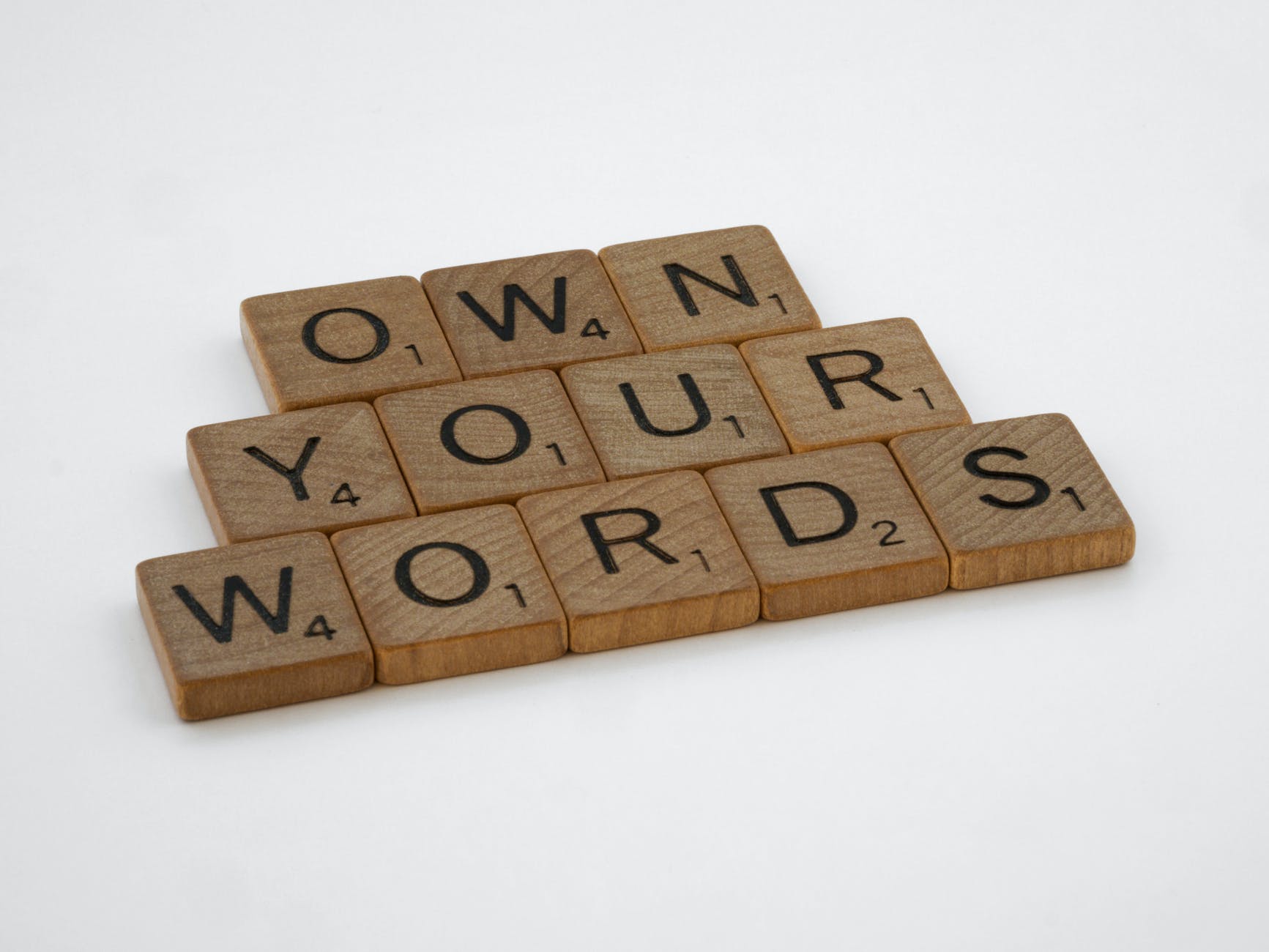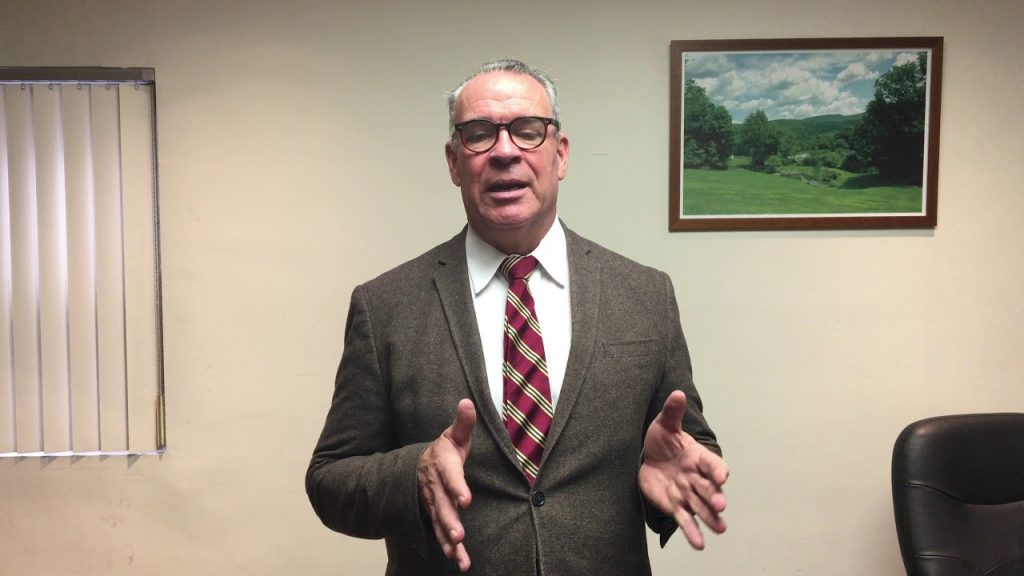– pre-employment evaluation
– psychological disqualification
– NYPD appeal
– forensic assessment
90+ Google Reviews for The Law Firm of Kevin P. Sheerin
Don’t Get Labeled a Poor Historian in Your Psych Evaluation
When undergoing psychological evaluations, it is essential to present an accurate and well-documented personal history. Your history provides valuable insights into your past experiences, which can aid in understanding your current mental health and well-being. However, presenting yourself as a poor historian can negatively impact the evaluation process. In this article, we will explore strategies to avoid being labeled as a poor historian during psychological assessments.
- Self-Preparation
Before the evaluation, take some time to self-reflect and prepare. Think about significant life events, relationships, and any psychological symptoms you’ve experienced. Having a clear understanding of your own history will make it easier to convey this information accurately.
- Organize Your Thoughts
Create a timeline of significant life events, starting with your earliest memories and progressing chronologically. This timeline should include major milestones, such as educational achievements, career changes, marriages, divorces, and any traumatic experiences. Organizing your thoughts in this way can help prevent memory gaps and ensure you provide a comprehensive history.
- Gather Supporting Documentation
Collect relevant documents that can support your historical account. These might include medical records, school transcripts, employment records, and legal documents. Having concrete evidence can bolster your credibility as a historian.
- Be Honest
Honesty is paramount during psychological evaluations. Avoid exaggerating or minimizing your experiences. If you’re unsure about specific details, it’s better to admit uncertainty than to provide inaccurate information. Psychologists are trained to work with incomplete information and can appreciate your honesty.
- Use Concrete Language
When describing your experiences, use concrete language to convey the details accurately. Avoid vague or ambiguous statements. Instead of saying, “I sometimes felt sad,” you could say, “I experienced persistent feelings of sadness, especially in the evenings, for several months.”
- Provide Context
Context is crucial in understanding your history. Explain the circumstances surrounding significant events or changes in your life. This helps psychologists gain a deeper understanding of the factors that may have influenced your mental health.
- Seek Input from Trusted Sources
If you’re concerned about your ability to recall certain events accurately, consider seeking input from trusted friends or family members who may have witnessed or been involved in those events. Their perspectives can provide additional context and verification.
- Clarify Your Emotional State
Describe your emotional state during specific periods of your life. Were you generally happy, anxious, or depressed? Understanding your emotional well-being at different times can help psychologists assess patterns and trends in your mental health.
- Address Memory Gaps
If you genuinely can’t remember certain details or periods in your life, don’t panic. Instead, acknowledge these gaps and explain that you’re unsure about the specifics. Psychologists are trained to work with individuals who may have memory lapses.
Conclusion:
Presenting yourself as a reliable historian during psychological evaluations is crucial for accurate assessments and effective treatment planning. By self-preparing, organizing your thoughts, being honest, using concrete language, providing context, and seeking input from trusted sources, you can avoid the label of a poor historian and ensure that your history contributes positively to the evaluation process. Remember, psychologists are there to help, and your openness and accuracy are essential for their work to be most effective.
As a civil service disqualification appeals attorney with more than 20 years of experience, Kevin Sheerin has extensive knowledge on how to appeal a NYPD Disqualification. Over the years he has helped many clients win their appeal. He can help you too.
If you receive a NOPD or NOD, or have been disqualified for any reason and would like to schedule a free consultation, contact Kevin Sheerin at 516.248.0040.
Email: kevin@sheerinlaw.com
Website: www.sheerinlaw.com
Blog: civilservice.sheerinlaw.com
Facebook: Law_Office_of Kevin_P._Sheerin
Twitter: @DQLawyer
Podcast: www.newyorkcivilservicelawattorneypodcast.com
-Don’t Get Labeled a Poor Historian in Your Psych Evaluation





